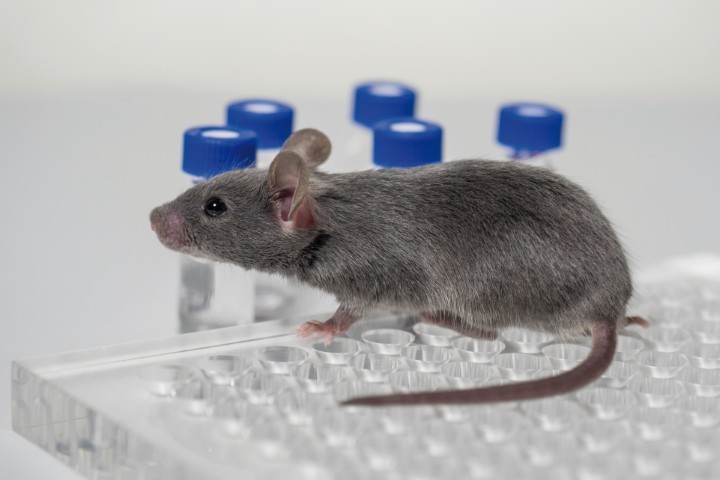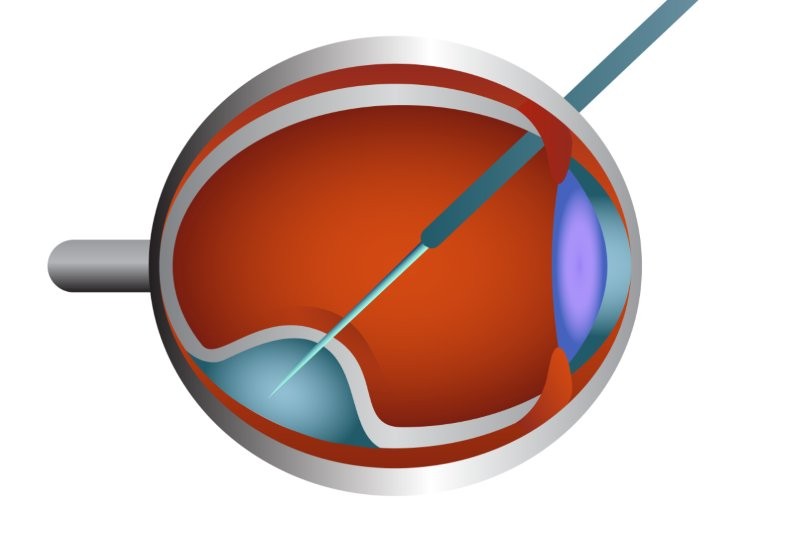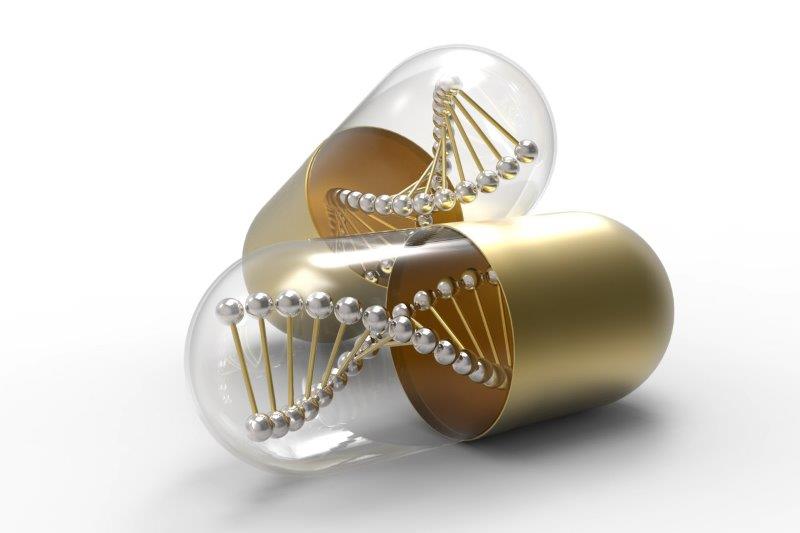New drops slow RP vision loss
US researchers have shown drops derived from pigment epithelium-derived factor (PEDF) slowed progression in mouse models of retinitis pigmentosa (RP) and dry age-related macular degeneration.
Writing in Nature Communications Medicine, senior author Dr Patricia Becerra, National Eye Institute, said her lab’s previous research demonstrated the natural protein PEDF can help retinal cells stave off the effects of cellular stress, but is too large to penetrate the outer eye tissues.
Her team developed a series of short peptides derived from a region of PEDF that supports cell viability and that are small enough to reach the retina. One of them, H105A, was applied as drops to specially bred mice that lose their photoreceptors shortly after birth. Usually, once cell loss begins, the majority of their photoreceptors die within a week.
However, the mice given H105A drops through a one-week period retained up to 75% of photoreceptors and continued to have strong retinal responses to light, said researchers. H105A was found in high concentration in the retina within 60 minutes, slowly decreasing over the next 24 to 48 hours. No toxicity or other side effects were reported.
Those mice given placebo had few remaining photoreceptors and little functional vision at the end of the week, study authors said, adding that H105A-treated mice were then exposed to gene therapy by researchers from Italy’s University of Modena, which preserved their vision for six months.
Researchers at the University of Colorado Anschutz then tested chemically stressed human cells in vitro and showed the tissues exposed to H105A remained viable.
With several gene-specific therapies under development for many types of RP in humans, PEDF-derived peptide eye drops could play a crucial role in preserving cells while waiting for these gene therapies to become clinically available, said researchers.
























